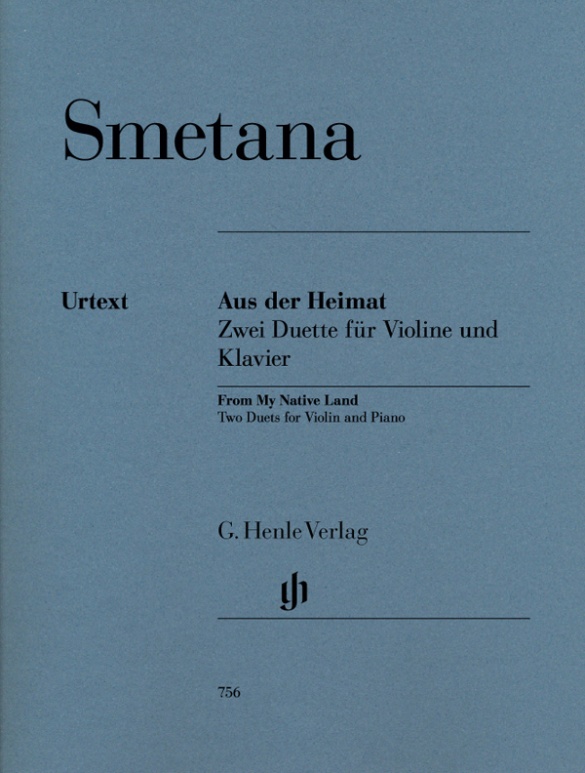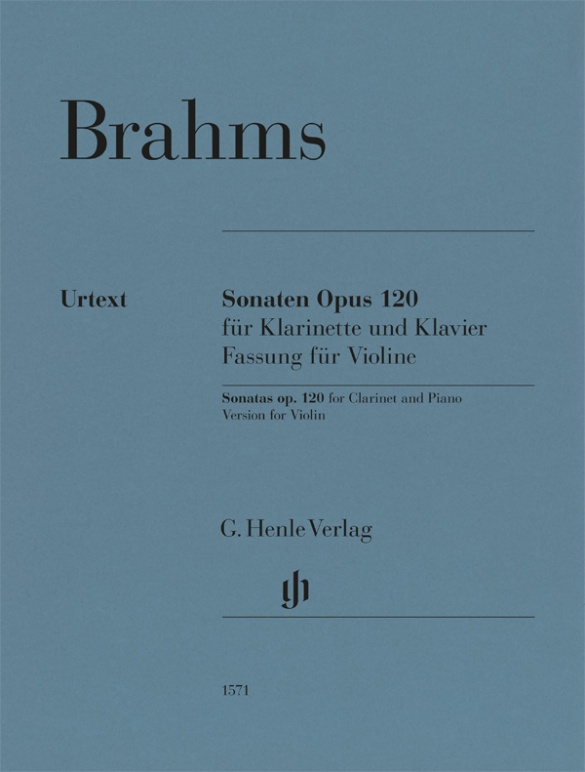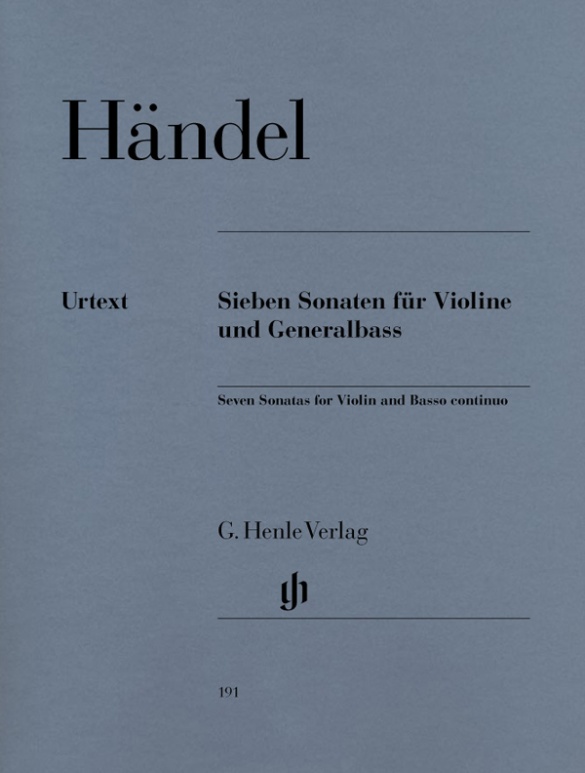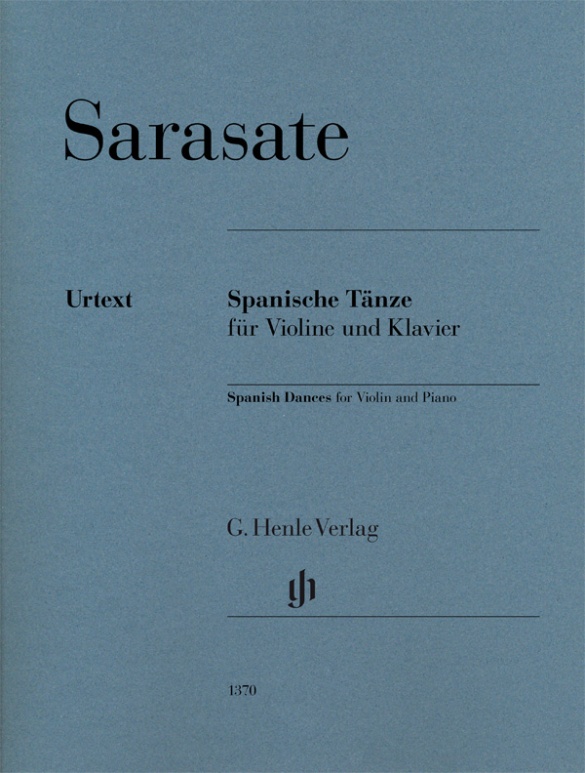Bedrich Smetana
From My Native Land - Two Duets for Violin and Piano
>
内容/詳細
作曲家について
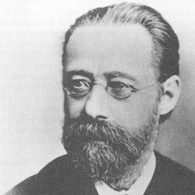
Bedrich Smetana
His work is regarded as a realization of a Czech nationalist musical style. His oeuvre comprises eight operas, symphonic poems, a little chamber music, numerous piano compositions, several vocal works, and songs.
| 1824 | Born in Litomyšl on March 2, the son of a beer brewer. Already successful as a pianist during his high school years. |
| 1844 | Composition pupil of Josef Proksch in Prague. Music teacher to aristocratic families. |
| 1848 | Music school of his own. |
| 1854 | Completion of his only symphony, “Triumphal Symphony” in E major, Op. 6. |
| 1856–61 | Director of the Philharmonic Society in Gothenburg. |
| 1858 | Symphonic poem “Richard III” and “Wallenstein’s Camp” after Liszt’s example. |
| 1861 | Return to Prague, involvement in the emergent Czech culture, also as a critic. |
| 1866 | Music director at the Czech Interim Theater in Prague. Premiere of the operas “The Brandenburgers in Bohemia” and “The Bartered Bride,” the latter to great acclaim; it is his best-known work and regarded as a nationalist opera. |
| 1868 | Premiere of “Dalibor” as a serious nationalist opera. |
| 1869–72 | Composition of the opera “Libuše.” |
| 1874 | Successful premiere in Prague of the opera “The Two Widows.” Loss of hearing and thereby of his music director position. He nevertheless continues to compose. |
| 1872–79 | Cycle of six symphonic poems “Má vlast” (“My Homeland”) as his most well-known symphonic works, including “Vltava” (“The Moldau”) with passages of tone painting. |
| 1876 | Premiere in Prague of the popular opera “The Kiss.” String Quartet No. 1 in E minor, “From My Life.” |
| 1878 | Premiere of the comic opera “The Secret” and the festival opera “Libuše” (1881), which harkens back to a Czech saga. |
| 1884 | Death in Prague on May 12. |
校訂者や運指担当者について
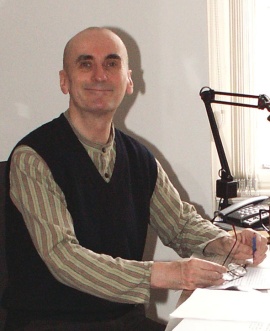
Milan Pospísil (校訂)
Dr. Milan Pospíšil, born in 1945, studied music theory and music history at the Charles University in Prague as well as at the Ruhr-Universität in Bochum (1963–1969); in 1971 he did his doctorate there with a thesis on “Giacomo Meyerbeer: Les Huguenots. Příspěvek k analýze stylu”, and at the Czechoslovak Academy of Sciences in 1988 on “Antonín Dvořák: Dimitrij, op. 64. Kritická edice”.
He worked as a specialist and scholar at the Czechoslovak Academy of Sciences (now Academy of Science of the Czech Republic) in Prague for almost 30 years. In 1981 he co-founded the Smetana Festival and the interdisciplinary symposium on the issues of the 19th century in Pilsen, which still takes place today. Since 2000 he has been the curator and a research associate at the National Museum in Prague.
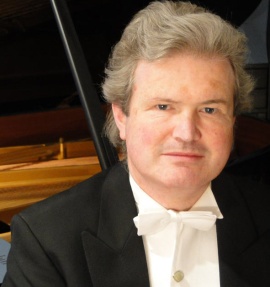
Michael Schneidt (運指)
Michael Schneidt, born in Munich, received his piano education at the Staatliche Hochschule für Musik und Theater in Munich, studying with Hugo Steurer and Klaus Schilde. He then completed his artistic state examination with distinction as well as his master-class diploma. He continued his education on a grant from the DAAD with Alessandro Specchi in Florence, also taking master-classes with Paul Badura-Skoda and Bruno Leonardo Gelber. Michael Schneidt has been a prize-winner at international piano competitions (1st prize Viotti-Valsesia, Italy), has done radio and TV broadcasts and also made CD recordings; he has also premiered many contemporary piano works. He has performed in Europe (e.g. at the Prague Spring International Music Festival and at the German Mozart Festival), in Japan and in South America.
Michael Schneidt is Professor of Piano at the Staatliche Hochschule für Musik und Theater in Munich. He has given master-classes in Germany, Switzerland, the Czech Republic and Japan, and is from time to time a member of the jury at music competitions.
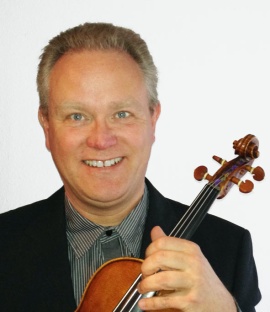
Ernst Schliephake (ヴァイオリンの運指とボーイング)
Ernst Schliephake was born in 1962. At the age of seven he was already a state prize-winner in the category violin at the young people’s music competition “Jugend musiziert”; the following year he achieved the same result with the clarinet. He was taught by Klaus Speicher and Heinz Hepp (violin and clarinet) and studied the violin in 1979 with Prof. Lukas David in Detmold, working as his assistant between 1983 and 1985. Aside from playing the violin in Tibor Varga’s chamber orchestra, he also played many chamber concerts with him, predominantly as a clarinettist. A master-class with Ruggiero Ricci 1981, led to an intensive collaboration and friendship.
Since 1986 he has been a violinist with the Düsseldorf Symphony Orchestra, the Bavarian Radio Symphony Orchestra and the Bavarian State Opera, and since 1989 has been the associate concertmaster with the Munich Symphony Orchestra.
製品安全に関する情報

G. Henle Verlag
製品の製造元に関する情報はこちらでご覧いただけます。G. Henle Verlag
Forstenrieder Allee 122
81476 München
info@henle.de
www.henle.com
おすすめ
autogenerated_cross_selling
このタイトルを含む他の版


